A master of the New Culture Movement
Overview
Chinese Name: 陈独秀
English Name: Chen Duxiu
Other Names: Chen Qingtong 陈庆同, Chen Qiansheng 陈乾生
Born: October 9, 1879
Died: May 27, 1942
Achievements:
One of the main founders of the CPC and the early main leaders of the party 中国共产党的主要创始人之一和党的早期主要领导人
The initiator and main flag bearer of the New Culture Movement 新文化运动的倡导者、发起者和主要旗手
Main Works:
Duxiu Wencun 《独秀文存》
Selected Editions of Chen Duxiu’s Articles 《陈独秀文章选编》
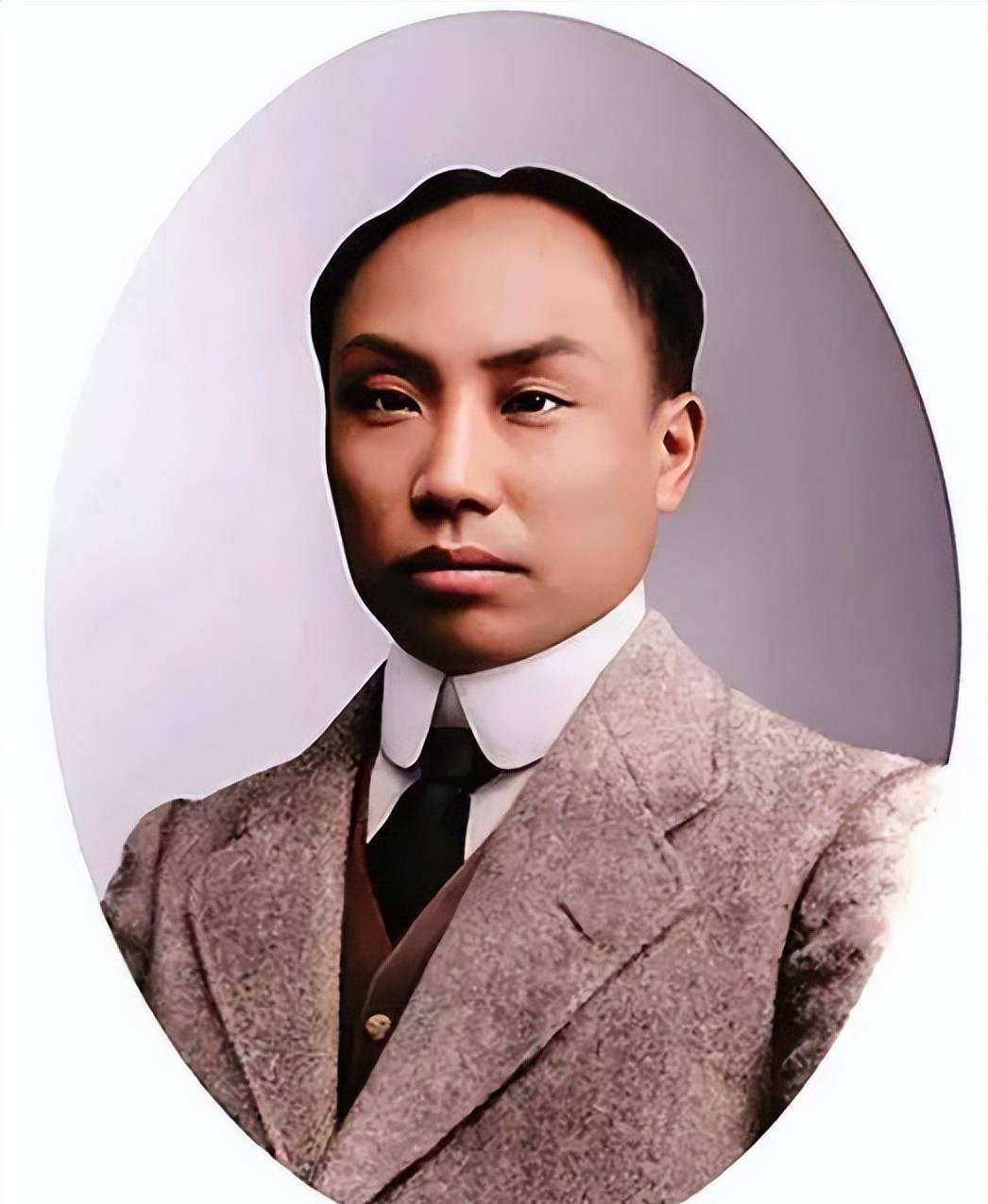
Brief Biography of Chen Duxiu
Chen Duxiu is the initiator and main flag bearer of the New Culture Movement, the “Commander in Chief of the May 4th Movement 五四运动”, one of the main founders of the CPC and the early main leader of the Party.
Chen Duxiu (October 9, 1879 – May 27, 1942), formerly known as Chen Qingtong 陈庆同, Chen Qiansheng 陈乾生, courtesy name Zhongfu 仲甫, art name Shian 实庵, was born in Huaining 怀宁, Anhui Province 安徽省.
In 1920, a founding group of the CPC was established in Shanghai 上海 to carry out party-building activities. In July 1921, he was elected Secretary of the Central Bureau at the first National Congress of the CPC held in Shanghai. In 1925, he led the May 30th Movement. In the later period of the First Revolutionary Civil War, he committed a serious Right capitulationist line error, which led to the defeat of the revolution.
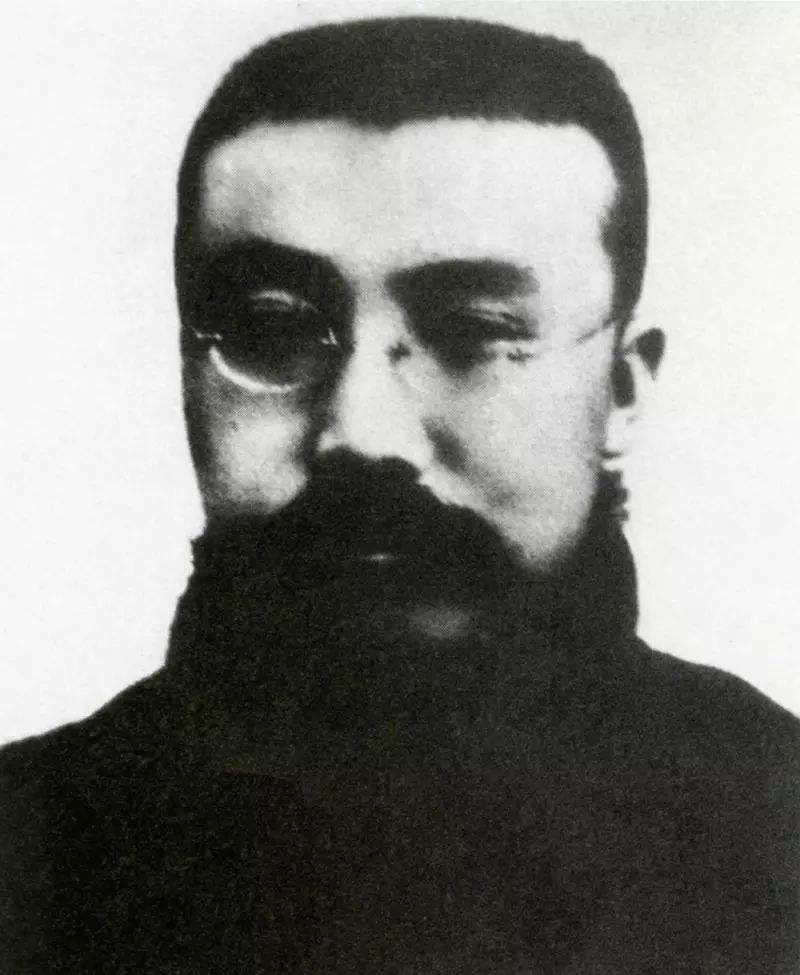
In 1927, he was removed from the post of General Secretary at the August 7th Meeting of the Communist Party of China. Later, he insisted on the city-centered National Congress Movement and the Workers’ Movement, opposed the rural armed struggle, and organized the Trotskyist organization. In November 1929, he was expelled from the CPC.
Later, the Trotskyist organization “Proletarian Society” was established in Shanghai, and the “Proletarian” magazine was published to publicize the Trotskyist views. After the outbreak of the War of Resistance against Japan, he supported the Kuomintang Communist cooperation and the Kuomintang’s leadership of the War Resistance against Japan and broke with the Trotskyist Central Committee. In 1938, Wang Ming 王明 and Kang Sheng 康生 framed him as a Japanese spy. In May 1942, he died in Jiangjin 江津, Sichuan 四川.
His main works include Duxiu Wencun 《独秀文存》, Selected Editions of Chen Duxiu’s Articles 《陈独秀文章选编》, etc.
Personal Life and Major Contributions
Study experience
On October 9, 1879, Chen Duxiu was born in Huaining County 怀宁县, Anqing 安庆, Anhui Province 安徽. He followed his grandfather, who became known as the “White Hu Father” and studied the Four Books 四书 and Five Classics 五经.
In 1896, he was admitted as a scholar and failed the Jiangnan Rural Examination the next year. At the age of 18, he wrote A Brief Discussion on the Situation of the Yangtze River.
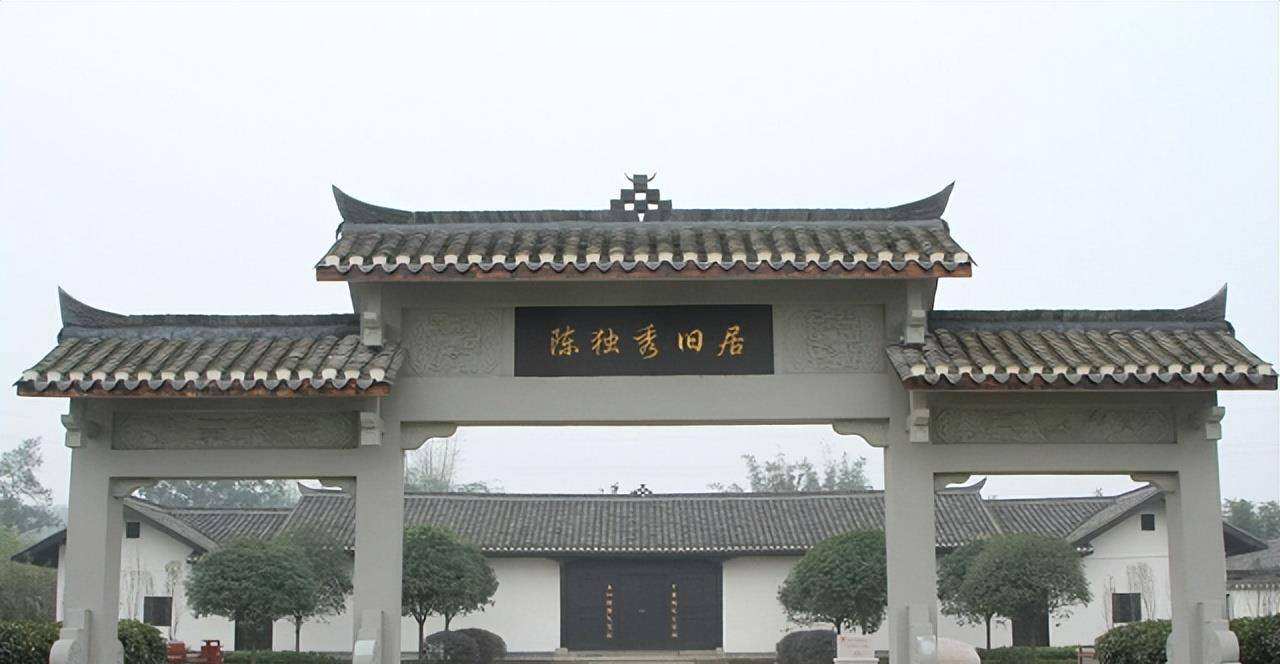
In 1897, he studied in Hangzhou “The Chinese Western Seeking Truth Academy”.
In 1898, he was greatly shocked by the Reform and the invasion of China by the Eight Power Allied Forces in 1900.
From 1901 to 1915, he successively went to Japan five times to study or seek refuge and accepted bourgeois democratic ideology.
Create the Communist Party
In February 1920, Chen Duxiu secretly moved from Beijing 北京 to Shanghai to avoid persecution by the reactionary warlord government. On the way to escort Chen Duxiu away from Beijing, Li Dazhao 李大钊 discussed with him the issue of establishing a Communist Party organization in China. Soon after Chen Duxiu arrived in Shanghai, he began to publicize Marxism among the workers.
Chen Duxiu, Li Dazhao, and others actively carried out the Party building work in the process of spreading Marxism and mobilizing and organizing workers. In June 1920, Chen Duxiu held a meeting with Li Hanjun 李汉俊, Yu Xiusong 俞秀松, and others to decide to establish a party organization, and drafted ten draft guidelines for the party, including the use of labor dictatorship, production cooperation and other means to achieve the goal of social revolution. On the name of the Party, Chen Duxiu asked Li Dazhao for advice. Li Dazhao proposed to be named “Communist Party”, and Chen Duxiu agreed.
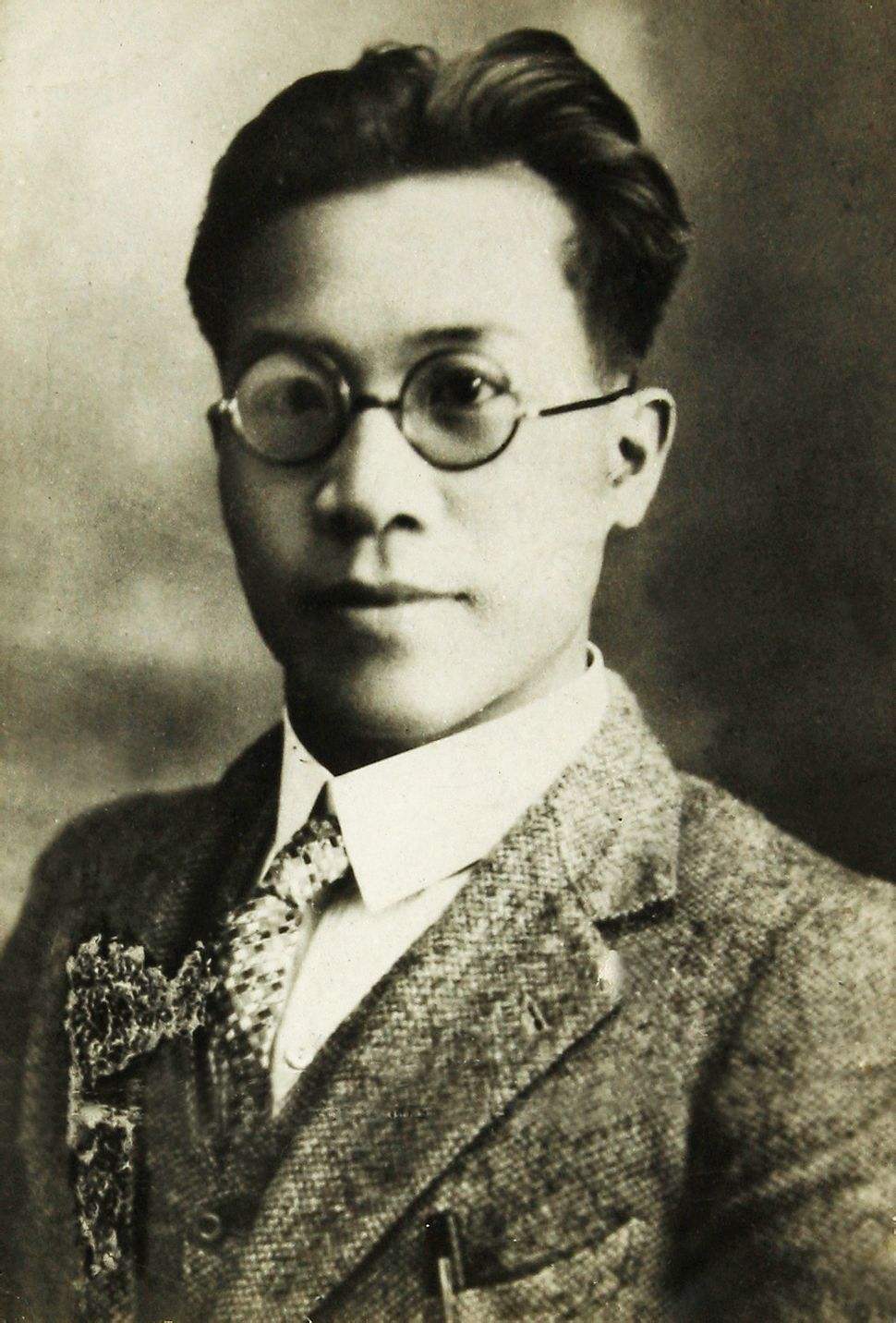
After a period of preparation, under the auspices of Chen Duxiu, in August 1920, the early organization of the Communist Party of Shanghai was officially established in the New Youth Editorial Department No. 2, Laoyuyangli 老渔阳里, the French Concession, and was named “the CPC”. This is the first early Communist Party organization in China. Its members are mainly the backbone of the Marxist Research Association, with Chen Duxiu as the secretary.
In November, Chen Duxiu and members of the early Communist Party organizations drafted the Declaration of the CPC, pointing out that “the purpose of communists is to create a new society in accordance with their ideals”. To achieve this goal, it is necessary to “organize a party of the revolutionary proletariat, the Communist Party. The Communist Party will guide the revolutionary proletariat to fight against the capitalists and will obtain political power from the capitalists. This political power is to maintain the capitalist country, and it is to put this political power in the hands of workers and farmers, as the Russian Communist Party did in 1917”.
On July 23, 1921, the first National Congress of the CPC was held in Shanghai, and the last day’s meeting was transferred to Nan Lake 南湖 in Jiaxing 嘉兴, Zhejiang Province 浙江省. The First National Congress of the Communist Party of China announced the formal establishment of the CPC, which opened a new page in Chinese history.
The ups and downs of old age
After the September 18th Incident in 1931, Chen Duxiu published a series of articles to put forward the proposition of anti-Chiang Kai Shek 蒋介石 and anti-Japanese in the face of national crisis and unprecedented national crisis.
In October 1931, he denounced Chiang Kai Shek’s reliance on the League of Nations to preside over the axiom in articles such as “Anti-Japanese Salvation and Chihua” and “Kangzhuang Road of the Anti-Japanese Salvation Movement”, which were not only “delusional”, but also “servile”. He firmly “opposed the Kuomintang government’s capitulation to imperialism under the cover of peaceful negotiations”. Chen Duxiu’s many remarks showed his strong patriotic enthusiasm and resolute anti-Japanese attitude.
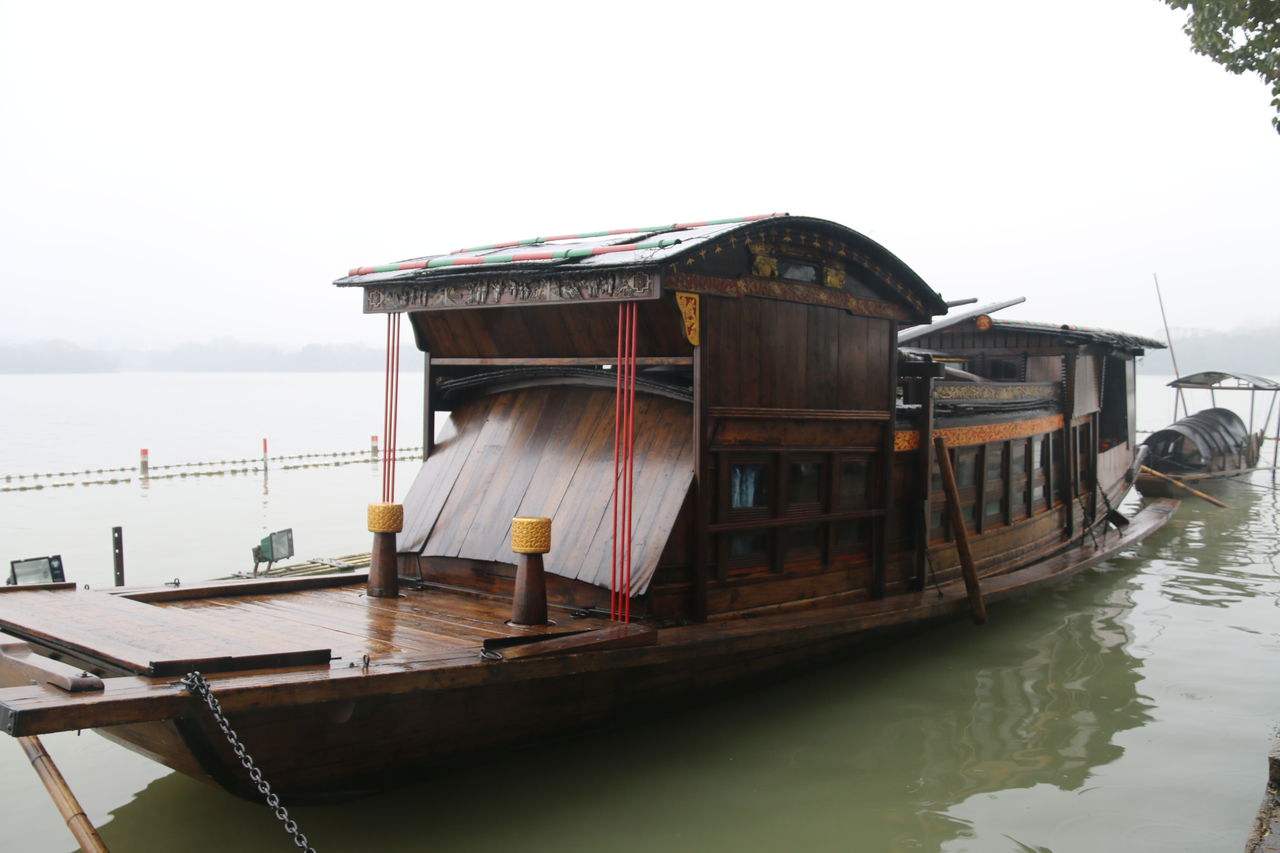
In October 1932, Chen Duxiu was arrested by the Kuomintang authorities in Shanghai and sentenced to 13 years imprisonment for “crimes against the Republic of China”. This is his fifth time in prison.
In 1937, after the outbreak of the national anti-Japanese war, Chen Duxiu was released from prison ahead of schedule. After his release from prison, he insisted on making anti-Japanese speeches and writing a large number of anti-Japanese articles. Chiang Kai Shek asked him to become Minister of Labor of the Kuomintang Government, but he refused. The Kuomintang government invested 100000 yuan to ask him to set up another party, which was denounced by him.
At the end of June 1938, Chen Duxiu went up the river by boat from Hankou and arrived in Jiangjin 江津 in August.